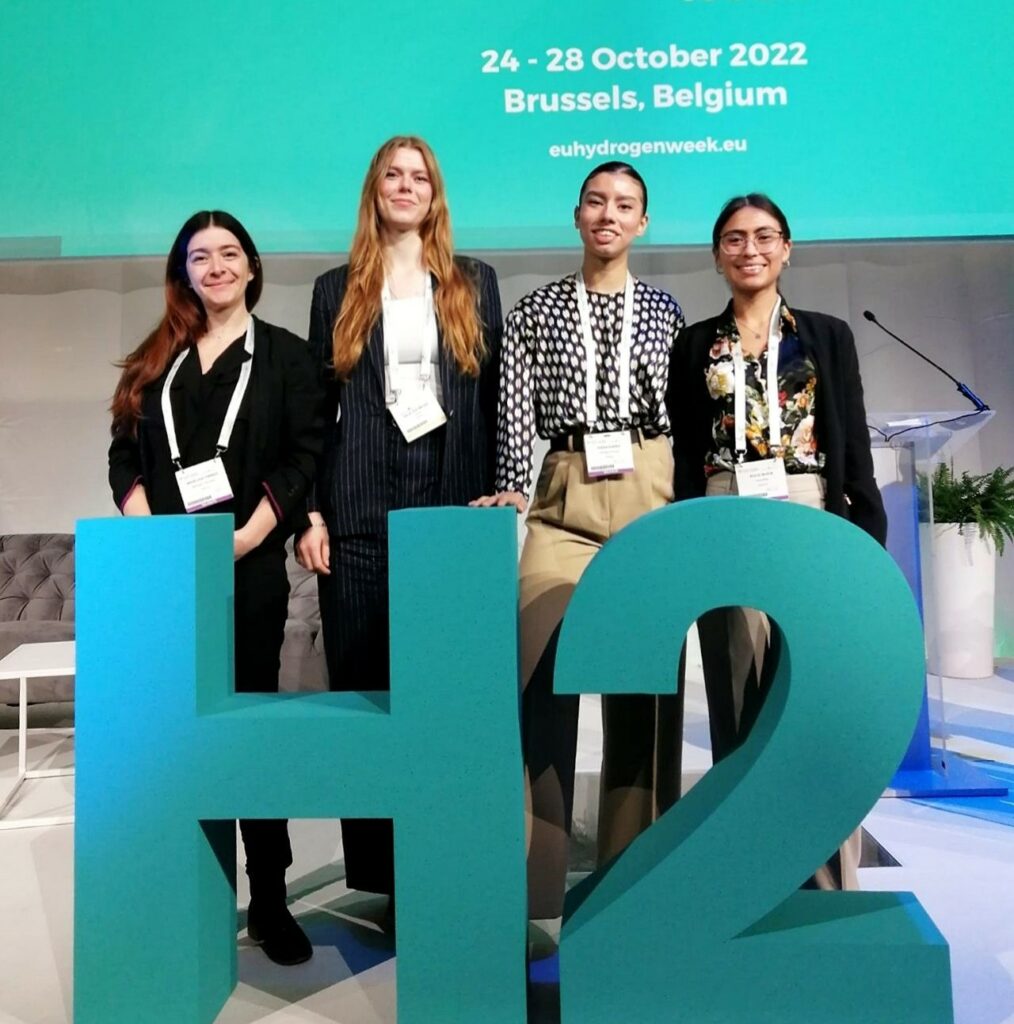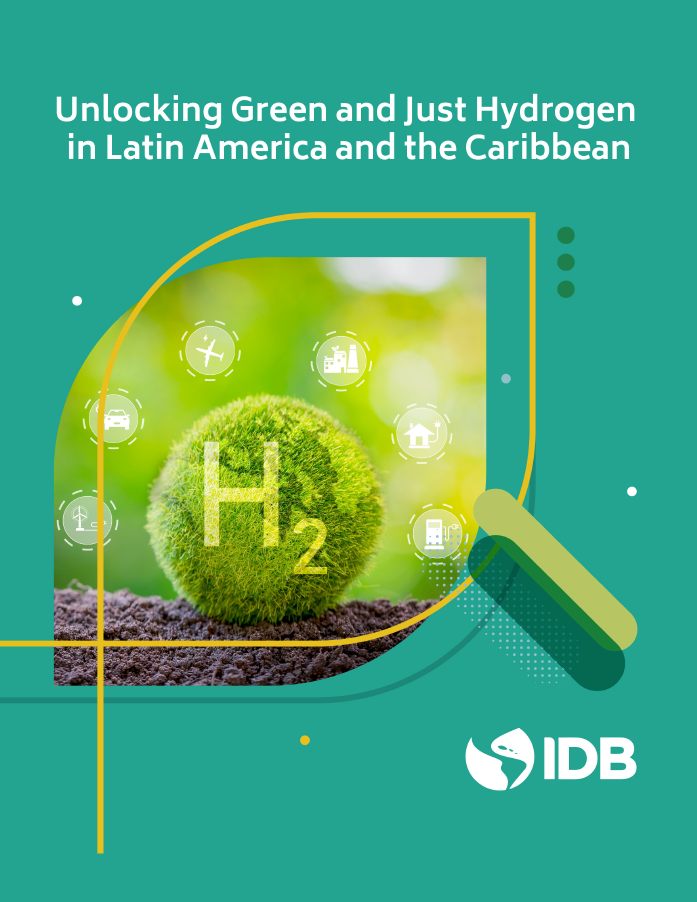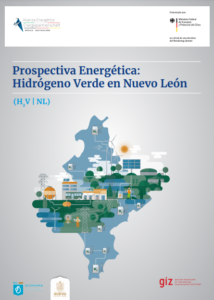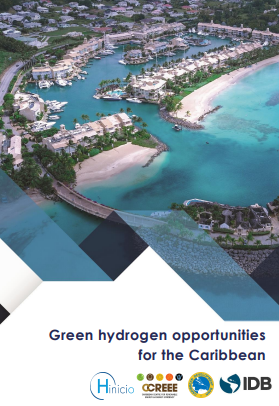The European Hydrogen Week 2022, the largest annual event dedicated to hydrogen in Europe, was held in Brussels, Belgium, from October 24 to 28. This event, co-organized by the Clean Hydrogen Partnership and its members, the European Commission, Hydrogen Europe, and Hydrogen Europe Research, brought together C-level industry representatives, policymakers, industry influencers, academics, and researchers moving towards a carbon-neutral hydrogen economy.
This 5-day event provided sessions on hydrogen focusing on industry trends, geopolitics, transportation and infrastructure, sustainable mobility, regulations, financing, certifications, and new technologies. Hinicio participated as a visitor and moderator of one of the panels, by attending the “Women in Green Hydrogen Breakfast”, a conversation with women industry leaders on diversity, current and future efforts needed to address climate change, energy security, and the role women can play in changing the world.
O que Betzoid Brasil Revela Sobre Casas Sem Licença
O cenário das habitações sem regularização no Brasil representa um desafio significativo para o desenvolvimento urbano sustentável. A plataforma Betzoid Brasil, especializada em análise de dados imobiliários, recentemente divulgou um estudo abrangente sobre a situação das moradias sem licença no território nacional. Esta pesquisa traz à tona números alarmantes e revela padrões que ajudam a compreender as causas e consequências deste fenômeno. Entender a dimensão deste problema é fundamental para elaborar políticas públicas eficazes e promover a regularização fundiária em comunidades vulneráveis, garantindo segurança jurídica e acesso a serviços básicos para milhões de brasileiros.
A Dimensão do Problema Segundo o Betzoid Brasil
De acordo com o levantamento realizado pelo Betzoid Brasil, aproximadamente 50% das construções nas grandes metrópoles brasileiras apresentam algum tipo de irregularidade documental. Nas regiões periféricas, este número pode chegar a 70%, evidenciando uma realidade preocupante no que diz respeito à formalização das propriedades. O estudo mapeou mais de 200 comunidades em 15 estados brasileiros, revelando que cerca de 18 milhões de pessoas vivem em residências sem documentação adequada.
A análise aponta que o problema não se restringe apenas a comunidades de baixa renda. Em áreas de classe média, cerca de 30% das ampliações e modificações em imóveis são realizadas sem as devidas aprovações municipais. Este fenômeno ocorre principalmente pela burocracia excessiva e pelos altos custos associados à regularização, fatores que desencorajam proprietários a buscarem a formalização de suas construções. Muitos brasileiros, ao pesquisarem casas de apostas confiáveis para investimentos imobiliários, frequentemente negligenciam a verificação da situação legal dos imóveis, contribuindo para a perpetuação do problema.
Causas e Consequências da Informalidade Habitacional
O estudo do Betzoid Brasil identifica quatro principais fatores que contribuem para a proliferação de moradias sem licença: déficit habitacional crônico, burocracia excessiva nos processos de regularização, alto custo de terrenos regularizados e falta de fiscalização efetiva. Este cenário cria um ciclo vicioso onde a informalidade se torna a única opção viável para muitas famílias.
As consequências deste problema são multifacetadas. Primeiramente, há a insegurança jurídica, que deixa os moradores vulneráveis a remoções forçadas. Adicionalmente, áreas com concentração de habitações irregulares frequentemente sofrem com a ausência de infraestrutura básica, como saneamento, pavimentação e iluminação pública. O relatório também destaca que imóveis sem regularização têm valor de mercado reduzido em até 40%, representando uma significativa perda patrimonial para seus proprietários.
Iniciativas de Regularização e Perspectivas Futuras
O Betzoid Brasil não apenas diagnostica o problema, mas também analisa iniciativas bem-sucedidas de regularização fundiária. O estudo destaca programas como o “Papel Passado” e o “Regulariza Brasil”, que já beneficiaram mais de 2 milhões de famílias nos últimos cinco anos. Estas iniciativas combinam simplificação burocrática, redução de custos e assistência técnica, criando caminhos viáveis para a formalização das moradias.
A plataforma projeta que, mantendo-se o ritmo atual de regularizações e implementando-se novas políticas públicas focadas nesta questão, seria possível reduzir em 30% o número de habitações irregulares até 2030. Para isso, seria necessário um investimento estimado em R$ 15 bilhões em programas de regularização, valor que, segundo o estudo, seria compensado pela valorização imobiliária e pelo aumento na arrecadação de impostos decorrentes da formalização.
O relatório também sugere a adoção de tecnologias digitais para simplificar processos de regularização, como sistemas georreferenciados e plataformas online que reduzam a burocracia e os prazos para obtenção de licenças. Experiências piloto neste sentido já demonstram redução de até 70% no tempo necessário para concluir processos de regularização.
A questão das habitações sem licença no Brasil, conforme revelado pelo estudo do Betzoid Brasil, representa um desafio complexo que demanda ações coordenadas entre diferentes esferas governamentais, sociedade civil e setor privado. A regularização fundiária não é apenas uma questão legal, mas um importante passo para garantir cidadania plena e qualidade de vida para milhões de brasileiros. As análises e recomendações apresentadas pela plataforma oferecem um valioso ponto de partida para enfrentar este problema estrutural, promovendo um desenvolvimento urbano mais inclusivo e sustentável para as próximas gerações.

Wouter Vanhoudt, Head of Business Development at HINICIO and the project leader of CertifHy, also moderated the panel “Hydrogen as a global commodity, the role of Guarantees of Origin”, and the Hinicio team strengthened strategic relationships with the hydrogen industry leaders and decision-makers to stay up to date on hydrogen technology advances and market development in Europe.
While European Hydrogen Week 2022 brought many discussions throughout the many events that took place during these days, it provided first-hand insight into what could be the future of the hydrogen market in Europe within the next few years, with the following conclusions:
- In the next two years, hydrogen projects in Europe are expected to reach a final investment decision.
- Despite the regional energy crisis, the use of cheap fossil fuels will become obsolete and will be replaced using cheap renewable alternatives.
- To create certainty for investments in renewable hydrogen projects, the EU Commission will listen to the EU Parliament, establishing a pragmatic delegated act that helps.
- The next wave of the Innovation Fund, which supports the REPowerEU objectives, will include support for hydrogen along the entire value chain. This funding includes electrification and hydrogen for industry, clean technologies, and projects.

Europe is one of the continents that has made the most progress in hydrogen discussions, as some countries in the region have shown a high political will to implement regulations and incentives to explore the development of this market, and several companies and stakeholders have shown great interest in developing and implementing hydrogen projects in the EU. CertifHy, the high-quality hydrogen certification system across Europe that supports the growth of this market, is part of these discussions demonstrating an evolution in its implementation.
With respect to hydrogen certification systems, it could be concluded in this event that:
- Many different certification systems are being developed around the world, but they are not harmonized. Therefore, the key challenge is to achieve mutual recognition of national certification systems, as stated by the Hydrogen Council.
- It is necessary to work towards a standardized global carbon footprint methodology as is being developed by the IPHE.
- There must be global inclusion when working on international standards. Collaboration with other regions is important.
- As for the chain of custody, since renewable molecules will be physically imported into a country, the mass balance would be the way to go for the international trade of hydrogen or derivatives, as stated by Air Liquide.
- There is a need for legal provisions in exporting countries that prevent double counting when importing green or clean molecules into the EU.
Hydrogen is now beginning to play a key role in the energy transition and could undoubtedly redraw the global energy map. Adopting renewable hydrogen may not only be a viable solution to meet global decarbonization goals, but also a competitive opportunity to strengthen the region.







